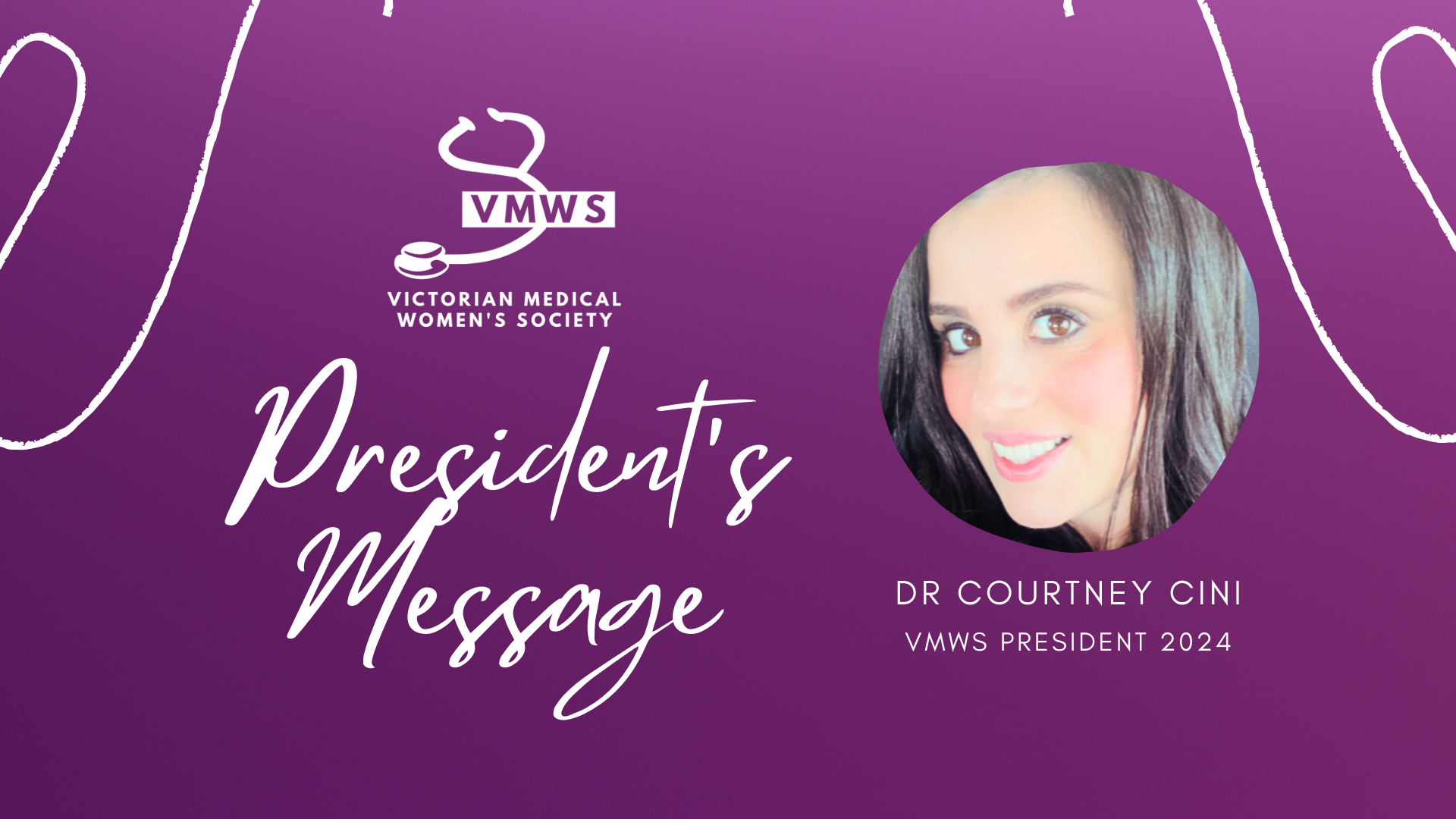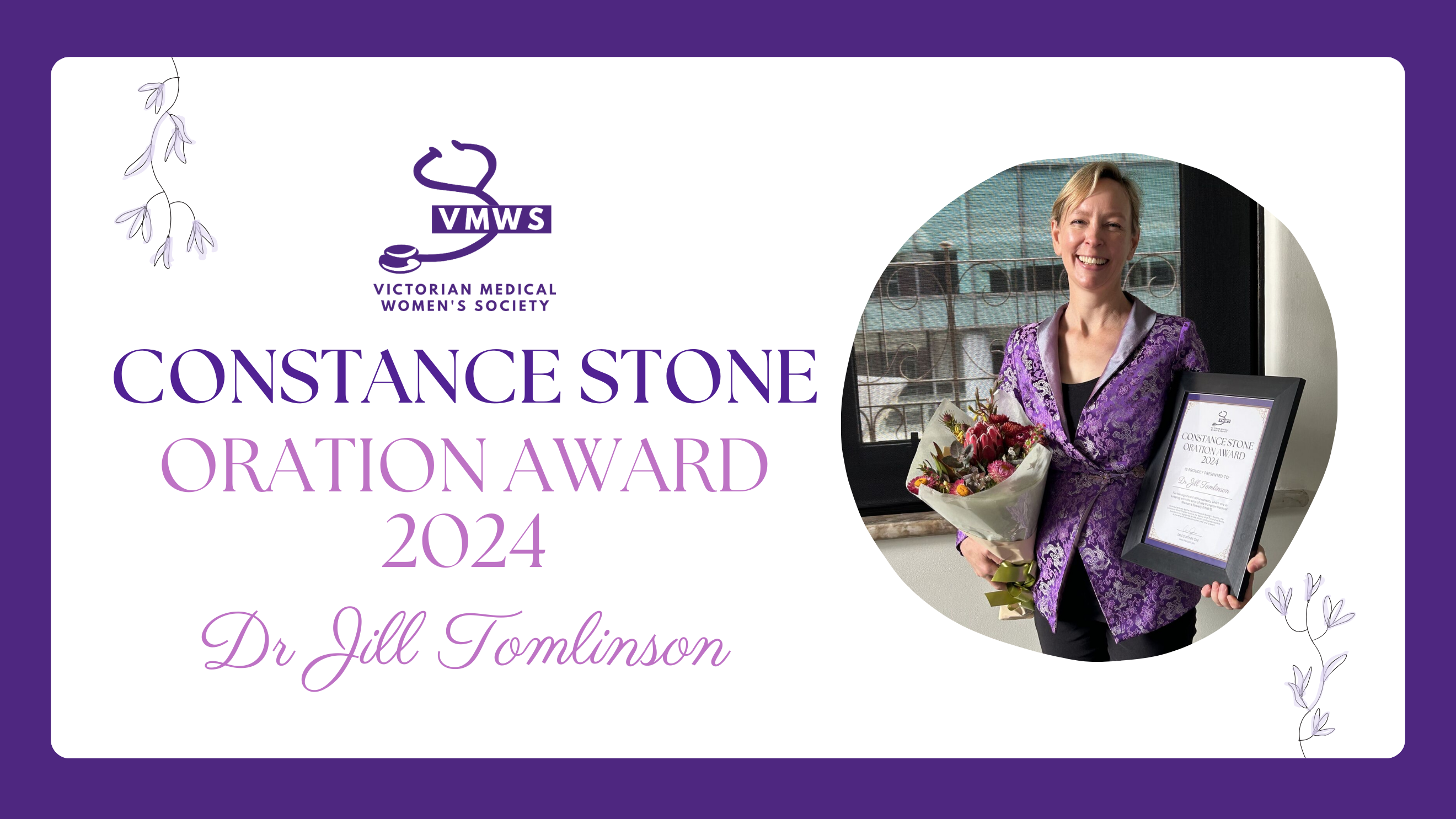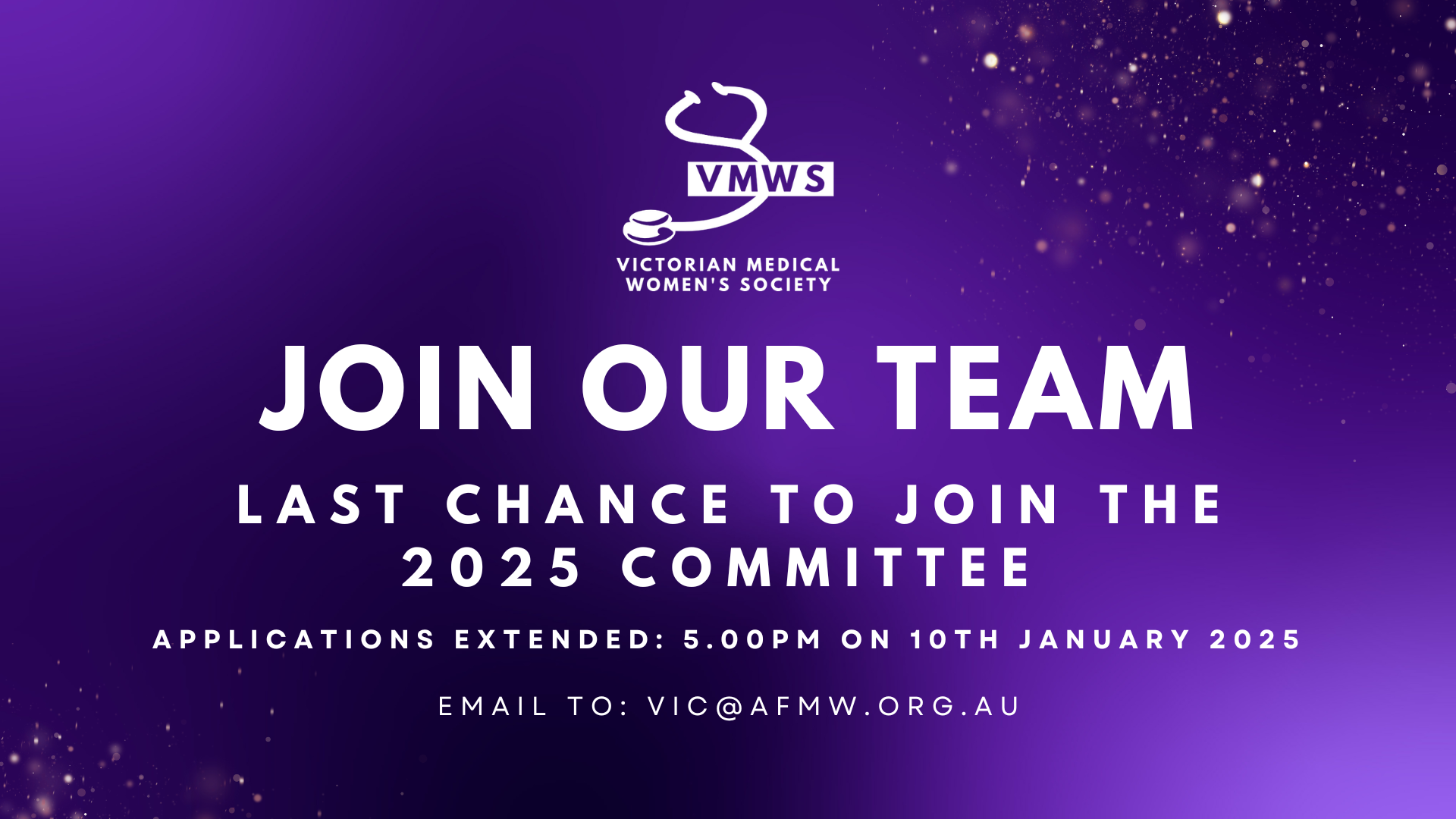Click here to access a podcast on Preventing Workplace Violence in the Healthcare Setting with Sheila Dunn, D.A., MT (ASCP) and Sarah Alholm, M.A.S. of Quality America, Inc. In this podcast, these experts discuss how widespread these incidents are and how practices should prepare for workplace violence. They also review who are the most likely perpetrators of workplace violence, security measures recommended for medical offices, and the tie-in with OSHA regulations. Quality America, Inc. has posted a free downloadable Risk Assessment for Workplace Violence – refer to the Resource Center section of their website.
Click here or here to access the podcast Workplace Violence: Protecting Your Practice From an Epidemic. From an article by Robert C. Calway, M.H.C.A., B.S., M.T.(A.S.C.P.) in The Journal of Medical Practice Management. Workplace violence, in the form of verbal threats and/or intimidation and physical aggression, is commonplace in medical practices today. The practice must be prepared to respond to this disaster in the same manner with which they prepare for responses to a medical emergency, fire, or loss of electricity.
Saltman DC, O’Dea NA, Kidd MR.Conflict management: a primer for doctors in training. Postgrad Med J. 2006 Jan;82(963):9-12.
Full text available here (free registration required). Conflict in the health arena is a growing concern and is well recognised for doctors in training. Its most extreme expression, workplace violence is on the increase. There is evidence that many conflicts remain unsatisfactorily resolved or unresolved, and result in ongoing issues for staff morale. This paper describes the nature of conflict in the health care system and identifies the difference between conflict and disagreement. Using a conflict resolution model, strategies for dealing with conflict as it arises are explored and tips are provided on how to effectively manage conflict to a satisfactory resolution for all parties.
Recommended reading
Rowe L, Kidd MR. Increasing violence in Australian general practice is a public health issue. Med J Aust 2007; 187: 118-119.
Royal Australian College of General Practitioners. Safety for general practitioners and their practice teams: position statement of the Royal Australian College of General Practitioners. Melbourne: RACGP, 2007.
Mayhew C, Chappell D. Violence in the workplace. Med J Aust 2005; 183: 346-347.
Health and Policy Economic Research Unit, British Medical Association. Violence at work: the experience of GPs in Northern Ireland. London: BMA, 2003.
National Health and Medical Research Council. When it’s right in front of you: assisting health care workers to manage the effects of violence in rural and remote Australia. Canberra: NHMRC, 2002.
Bravery In Admitting Vulnerability – Dr Mukesh Haikerwal
The Victoria Police has an excellent guide on business security with advice about managing aggressive people, telephone threats, personal and property security, credit card fraud, armed robbery, and e-crime. Click here to read the guide.
Practice Safety Night – details
In memory of Dr Khulod Maarouf-Hassan, this event was held on Tuesday 20th March 2007 at 7:30pm at Monash University. The evening examined the increasing problem of violence in medical practice and Australia and examined what steps practitioners can take to protect themselves, their colleagues and their family. The story of Khulod’s killing was finally brought to national prominence when it was featured on the ABC Australian Story on 30/06/08. You can view this program by referring to http://abc.net.au/austory and clicking on “The waiting room”.
Program
- Opening – Ms. May Hassan
- Why is violence increasing in medical practice? Associate Professor Leanne Rowe, Rural general practitioner and Deputy Chancellor Monash University
- Protecting your practice – Dr Mukesh Haikerwal, President Australian Medical Association
- When to involve police – Ms Tess Walsh, Head of Crime Prevention, Victoria Police
- What GPs say about violence and safety – Dandenong Division of General Practice
Panel discussion included
- Dr Ruth Vine, Director of Mental Health, Victorian Department of Human Services
- Dr Sandra Hacker, Psychiatrist, Victorian Doctors’ Health Advisory Program
- Dr Hadia Mukhtar, Medical Practitioners’ Board of Victoria
- Dr Jan Coles, Senior Lecturer, Monash University
- Representatives from Medical Colleges
- Audience Participation








